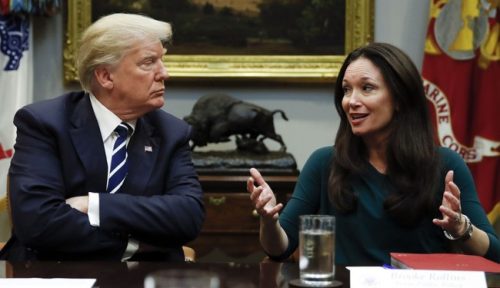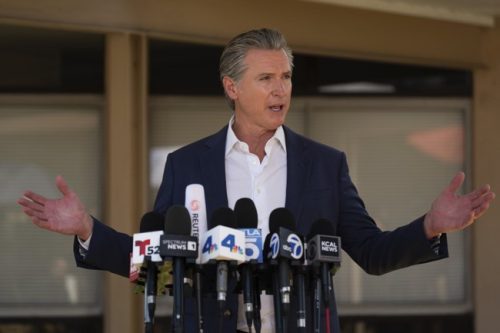Senator Cory Booker accused Republicans and President Trump of weaponizing SNAP during an extended government shutdown that affected roughly 42 million Americans, but the funding fights and political decisions that created the disruption cut across party lines and point back to Congressional responsibility.
Senator Cory Booker took to X to lay blame on Republicans and the president for what he called political cruelty tied to Supplemental Nutrition Assistance Program benefits. He framed the issue as an example of weaponizing a social safety net during the longest government shutdown in U.S. history. That message landed with a heavy political charge aimed squarely at the other side.
“Trump’s weaponization of SNAP was needlessly cruel and lawless. How can Vance and Hegseth stand idly by while veterans went hungry?” he wrote. The post included a video clip featuring Representative Pat Ryan, who accused the administration of withholding payments veterans rely on and said the president was suing to block emergency funds meant to cover November SNAP benefits. Ryan’s comments fed into Booker’s broader attack on the handling of benefits during the shutdown.
Booker’s assertions deserve context. He voted 15 times to block the continuing resolution that would have kept payments flowing, and he supported extending the shutdown to press for expanded Obamacare subsidies. Those votes had real consequences: when Congress fails to pass funding measures, benefit disbursements can stall, and the blame cannot be pinned on one official alone.
Trump’s weaponization of SNAP was needlessly cruel and lawless. How can Vance and Hegseth stand idly by while veterans went hungry? pic.twitter.com/MaSuuRqBZk
— Cory Booker (@CoryBooker) November 13, 2025
As for the legal claims that the administration was trying to block payments, it’s important to remember who controls the purse strings. Congress decides appropriations, and the SNAP program does carry roughly $5 billion in contingency funds. Having contingency money does not mean it should be used to paper over a crisis created by a breakdown in the appropriations process.
A federal judge has said the executive branch bears responsibility for maintaining SNAP operations, and the program’s annual cost runs roughly between $8.5 and $9 billion. Even so, the court cannot force a president to cough up an extra $4 billion beyond what Congress authorizes; that is a legislative duty. Contingency funds exist to meet sudden, unforeseen emergencies, not to substitute for routine budgetary responsibility or to cover the political gamesmanship of prolonged funding fights.
The political root of this mess is not new. Democrats backed the Obamacare framework and the subsidy regime that keeps expanding, and those policy choices have left millions dependent on federal support. When a party builds dependency into the system and then treats that dependency as a bargaining chip, the result is predictable: people who need help get caught in the middle of a power struggle.
That dynamic is what critics on the right have been warning about—policies that create persistent reliance on government, then use vulnerable populations to win political advantage. The practical lesson for lawmakers should be straightforward: fund core programs reliably and stop turning benefits into leverage. Policymakers who claim moral outrage need to own the policy choices that created these vulnerabilities and act to prevent the same crisis from repeating.






